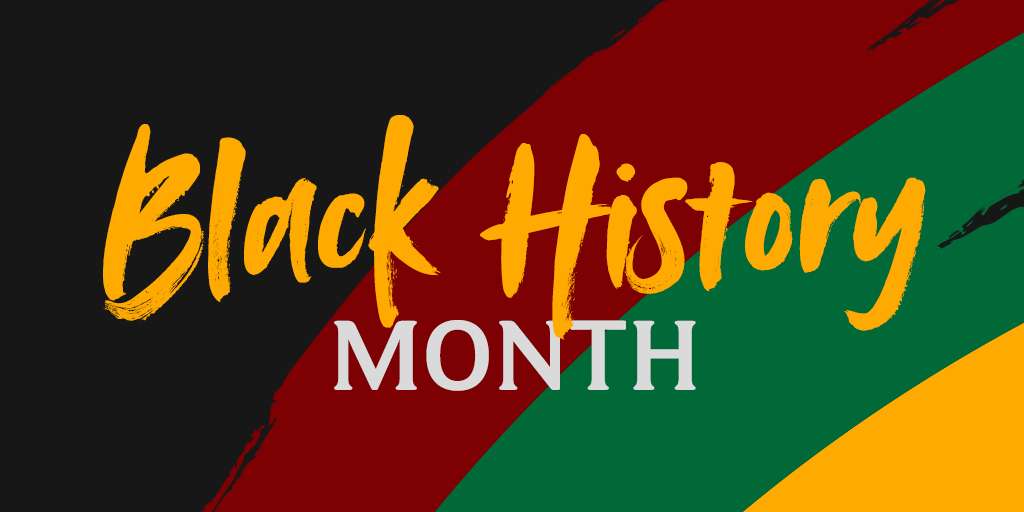
Key things to know about Black History Month
What is Black History month? How did it start? And is it in February or October? If these are some of the questions that have crossed your mind when you hear Black History Month, keep reading to find out!
If a race has no history, it has no worthwhile tradition, it becomes a negligible factor in the thought of the world, and it stands in danger of being exterminated. - Carter G. Woodson
What is Black History month?
Black History Month is a yearly celebration of the amazing achievements and societal contributions of black people in societies that typically don’t emphasise their minority experiences, achievements and accolades.
Typically, black people from all walks of life and from different ethnic backgrounds relate to and celebrate black history month; including but not limited to Africans in the diaspora, African Americans, Black Brits and people of Caribbean heritage and more. As such, it must be noted that Black history month is celebrated across different continents.
When is Black History Month? February or October?
The answer is both.
Black History Month in the UK is separated annually in October while Black History Month in the US is in February. These are two distinct and separate months, highlighting the differences in Black History in the US from that of the experiences and histories of Black people in the UK. The American experience of being Black is the more dominant experience seen in the media; however, the reality is far more nuanced.
How did Black History Month start?
It was created in the USA in 1926 by historian Carter G. Woodson in conjunction with the Association for the Study of Negro Life and History (ASNLH) when they announced the second week of February as “Negro History Week”.
Why this week? Because the birthday of Abraham Lincoln (Feb 12) and Frederick Douglass (Feb 14) were already celebrated within the Black communities.
The movement started off small, with school teachers persuading school boards to set aside an afternoon to teach about the works of various Black Americans. By 1929, Negro History Week was a regular annual occurence within most state’s educational systems.
As the decades rolled by, the growing momentum and support of the 1960s Civil Rights Movements gradually extended the week into a month.
As the decades rolled by, the growing momentum and support of the 1960s Civil Rights Movements gradually extended the week into a month.
Black History month was first proposed by black teachers and students at Kent State University in 1969, with the first Black History Month being celebrated a year later in February 1970.
By 1976, Black History Month was celebrated nationwide in educational institutions and was recognised by President Gerald Ford.
In the UK, Black History Month was first celebrated in October 1987 as part of African Jubilee year after being spearheaded by Ghanian Akyaaba Addai-Sebo.
The UK’s off-shoot of Black History Month has since expanded to encompass the history of African and Caribbean people and their contribution to the UK’s history.
African history in the US is distinct and separate from the history in the UK. In order to properly celebrate and explore the various histories, the separation of UK and US Black History Month was essential.




Leave a comment
This site is protected by hCaptcha and the hCaptcha Privacy Policy and Terms of Service apply.